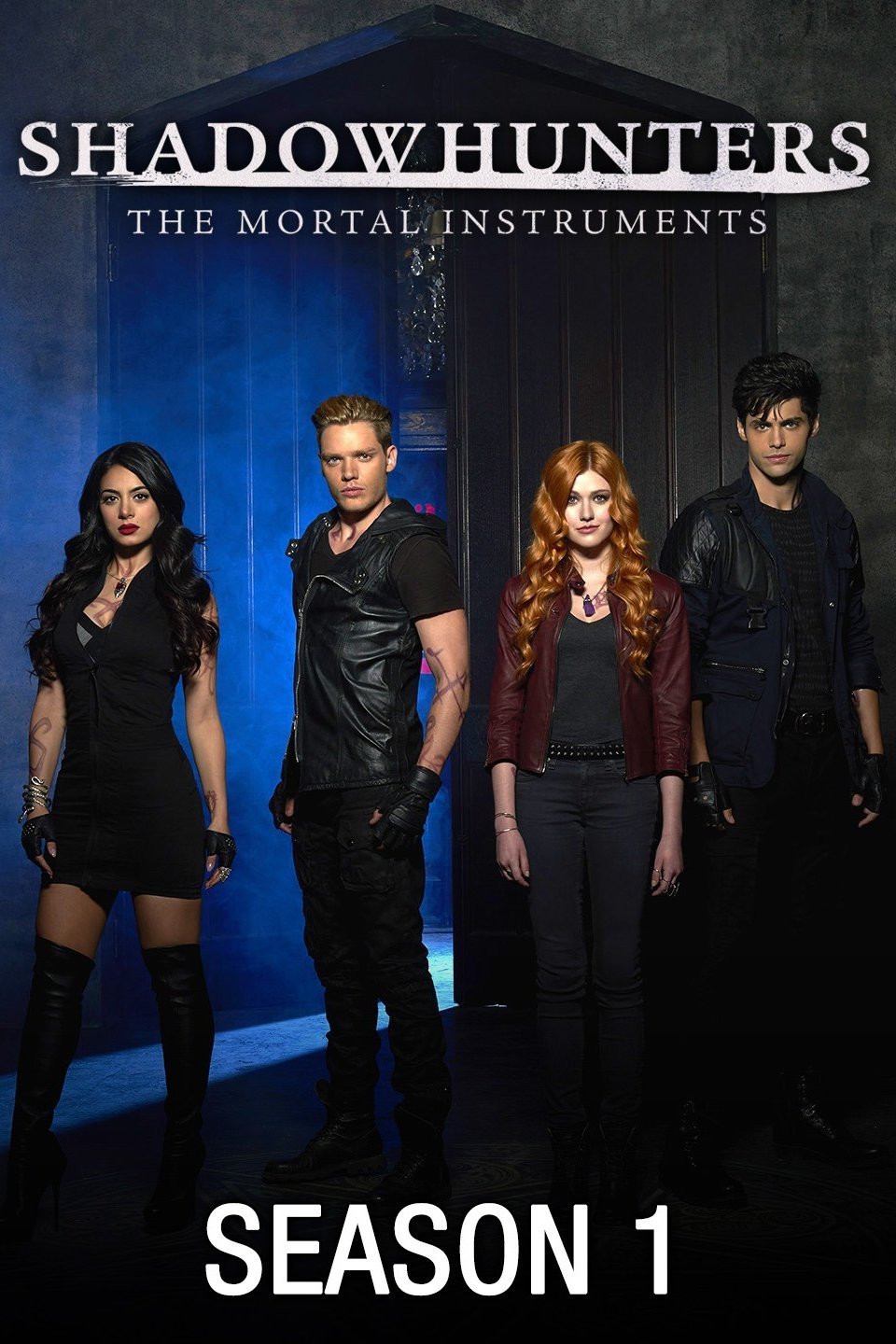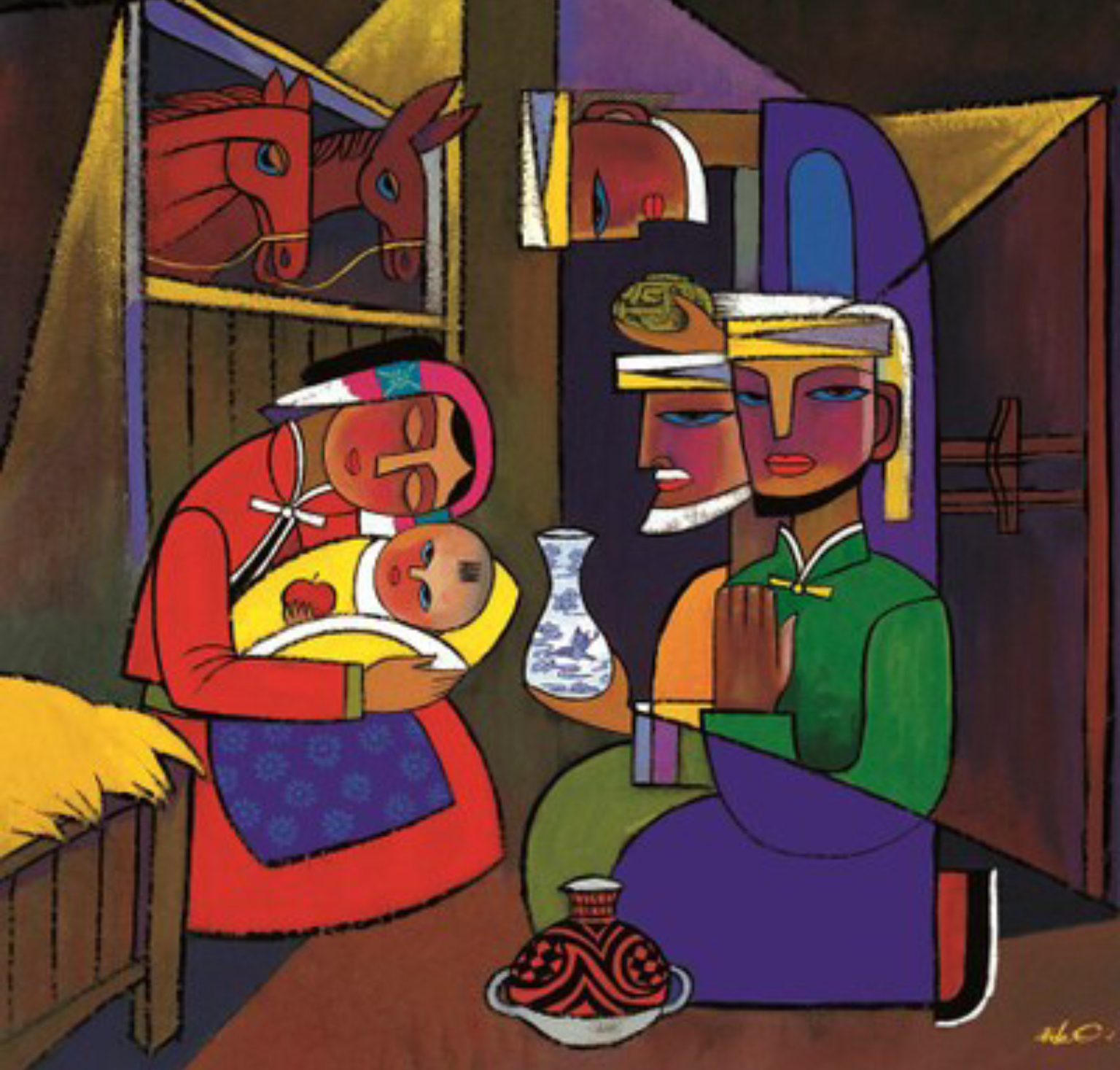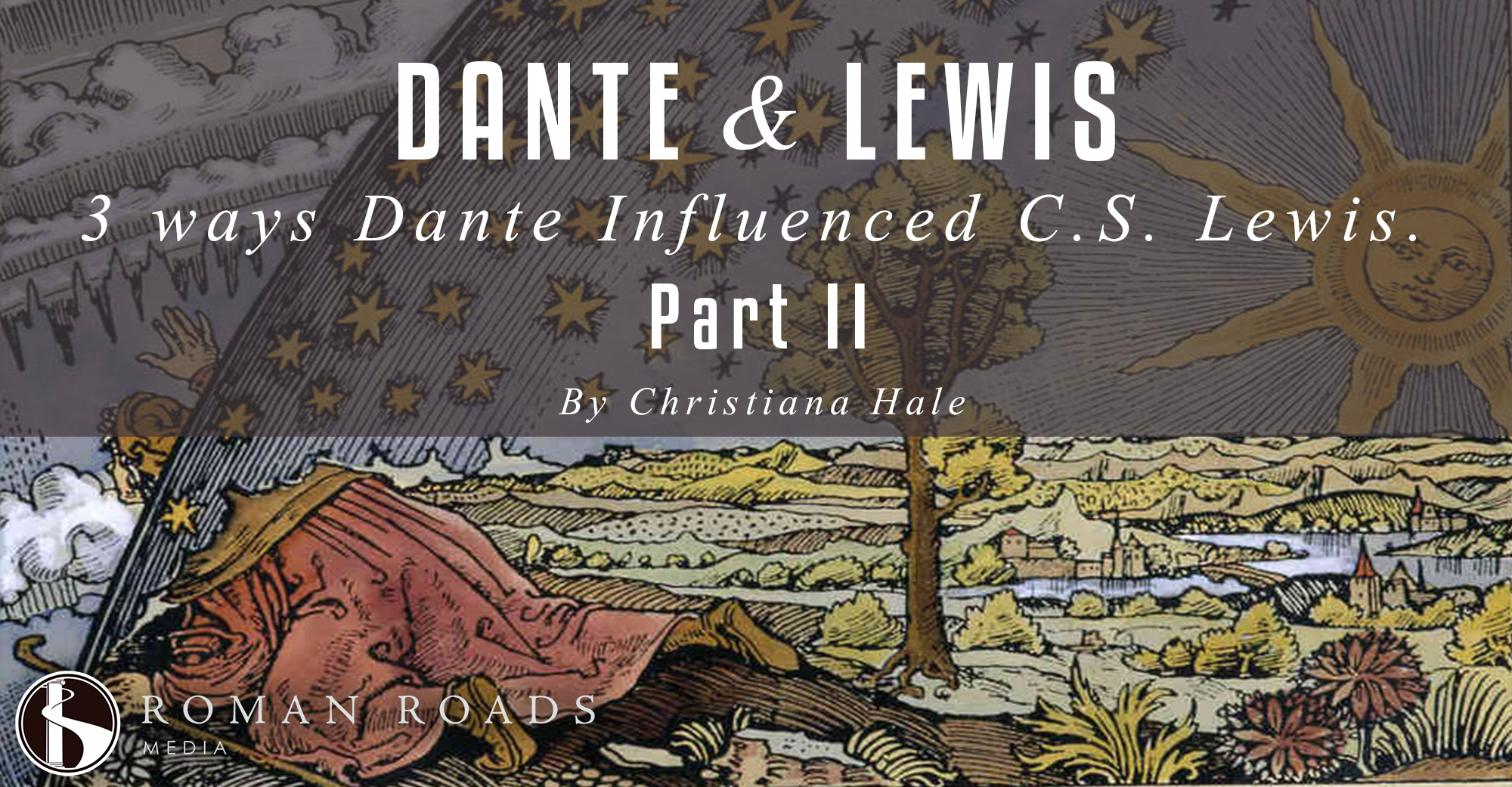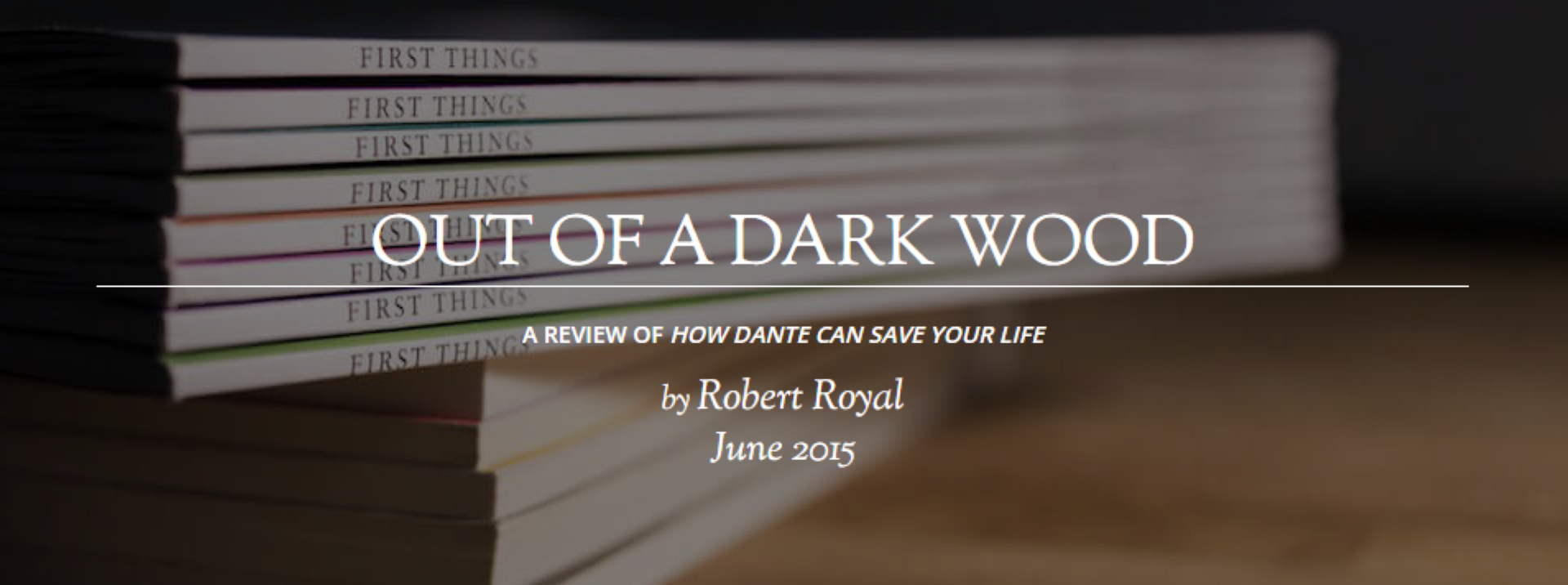“It’s a bit of the very last verse from Paradiso – Dante’s Paradise. ‘My will and my desire were turned by love, the love that moves the sun and the other stars.’ Dante was trying to explain faith, I think, as an overpowering love, and maybe it’s blasphemous, but that’s how I think of the way that I love you. You came into my life and suddenly I had one truth to hold on to- that I loved you, and you loved me.’ – City of Fallen Angels” —”Jace Herondale Quotes,” Jace and Clary, (retrieved on Mar 23, 2023)
“A Visitor’s Guide to Dante’s Nine Circles of Hell”
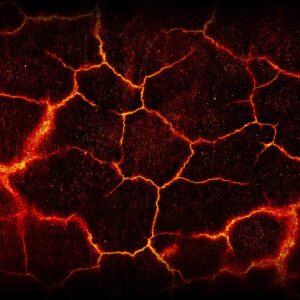
“Dante Alighieri’s The Divine Comedy is considered an epic masterpiece and a foundational work of the Western canon. We offer this short guide to the nine circles of Hell, as described in Dante’s Inferno.
“First Circle: Limbo
The first circle is home to the unbaptized and virtuous pagans. It’s not Heaven, but as far as Hell goes, it isn’t too bad: It’s the retirement community of the afterlife. Hippocrates and Aristotle will be your neighbors, so any attempt at small talk will probably turn into Big Talk in a hurry. You’ll have television, but all of the channels will be set to CSPAN.
“Second Circle: Lust
The wind-buffeted second circle of Hell is the final destination of the lustful and adulterous — basically anyone controlled by their hormones. Cleopatra and Helen of Troy were among its most famous residents during Dante’s day, but you can expect this place to be full of angsty teenagers and reality television stars by the time you arrive.
“Third Circle: Gluttony
Today’s forecast calls for plenty of icy rain and slush — a ‘wintery mix’ for all eternity. You know those people whose Instagram feeds are full of carefully lit photos of artfully arranged entrees? You’ll probably find them here, plus anyone whose response is ‘I’m kind of a foodie’ when asked where they’d like to go eat.” —Matt Staggs, “A Visitor’s Guide to Dante’s Nine Circles of Hell,” Penguin Random House, (Reterived on February 16, 2023)
“Love that moves the sun and other stars,” Martin Hoegger
“In the last verse of The Divine Comedy, Dante defines God as « l’amor che move il sole e l’altre stelle« , the love that moves the sun and the other stars (Paradise, xxxiii, 145). This means that the stars, the planets, the whole universe are not governed by a blind force, but by a personal will, the Spirit of God, who in Christ revealed himself as Love. This love is the golden thread that links all parts of creation together.” —Martin Hoegger, “Love that moves the sun and other stars,” Martin Hoegger, Dec 30, 2019 (retrieved March 26, 2024)
“3 More Ways Dante Influenced Lewis | Part II”
“If you read my last post and are ready for more specifics on the ways in which C.S. Lewis was influenced by Dante Alighieri’s Divine Comedy in the writing of his Ransom Trilogy, you have come to the right place. The first part of this post can be found here and I do recommend reading that first by way of introduction. And off we go!
“Devils in Disguise: Hell on Malacandra As I said in part 1 of this post, there is a sense in which the trajectory of the Ransom Trilogy both parallels and contrasts that of Dante’s Comedy. Heaven and Hell each get thicker as you go through the Trilogy until they meet, at last, on the Silent Planet in the third book, That Hideous Strength. In this part, however, I am focusing on the parallels between the Inferno, Purgatorio, and Paradisio that exist with each book of Lewis’ trilogy.” —Christiana Hale, “3 More Ways Dante Influenced Lewis | Part II,” Roman Roadspress, June 26, 2015 (retrieved March 26, 2024)
“How Dante Can Save Your Life: The Life-Changing Wisdom of History’s Greatest Poem,”First Things Blogpost
“In 2011, Rod Dreher returns to his hometown in West Feliciana Parish, Louisiana, after years living elsewhere in pursuit of a (highly successful) journalistic career. Now middle-aged, he hopes to find a more authentic community than he has in big cities and to draw close to the family from which he has been estranged. Instead, he falls into a kind of depression—the combined effect of resurgent stresses within the family, the death of his sister Ruthie from cancer, and the Epstein-Barr virus—which causes fatigue, the need for large amounts of sleep, and no little turmoil over how to work his way out of the dark place in which he finds himself.
“He turns for help to the pastor at his local Orthodox church for spiritual counseling, as well as to a Christian psychologist. But as he recounts in this deep and moving memoir, an utterly unanticipated source of guidance came to him unbidden. As he is browsing in the poetry section of a bookstore one day, he stumbles onto a translation of Dante Alighieri’s Divine Comedy, which tells of a pilgrimage from a threatening and dark wood through Hell, Purgatory, and the Heavens to the Beatific Vision. For some reason, that medieval Florentine poet threw a spiritual lifeline to this modern American writer.
“The title of the book that resulted, How Dante Can Save Your Life, may seem exaggerated, in the way of recent books like Alain de Botton’s How Proust Can Change Your Life. It is. Dante can’t save you. Only God can. In our postmodern culture, there’s recently been a raft of works that look to tony literary sources for meaning and substance in a world that seems to have obliterated both. But don’t be deceived by superficial resemblances. Dreher’s book is much more deeply rooted in theology—and reality—than are those other efforts.” —Rod Dreher, “How Dante Can Save Your Life: The Life-Changing Wisdom of History’s Greatest Poem,” First Things, June 2015 (retrieved on March 24, 2024)
- « Previous Page
- 1
- 2
- 3
- 4
- …
- 40
- Next Page »
